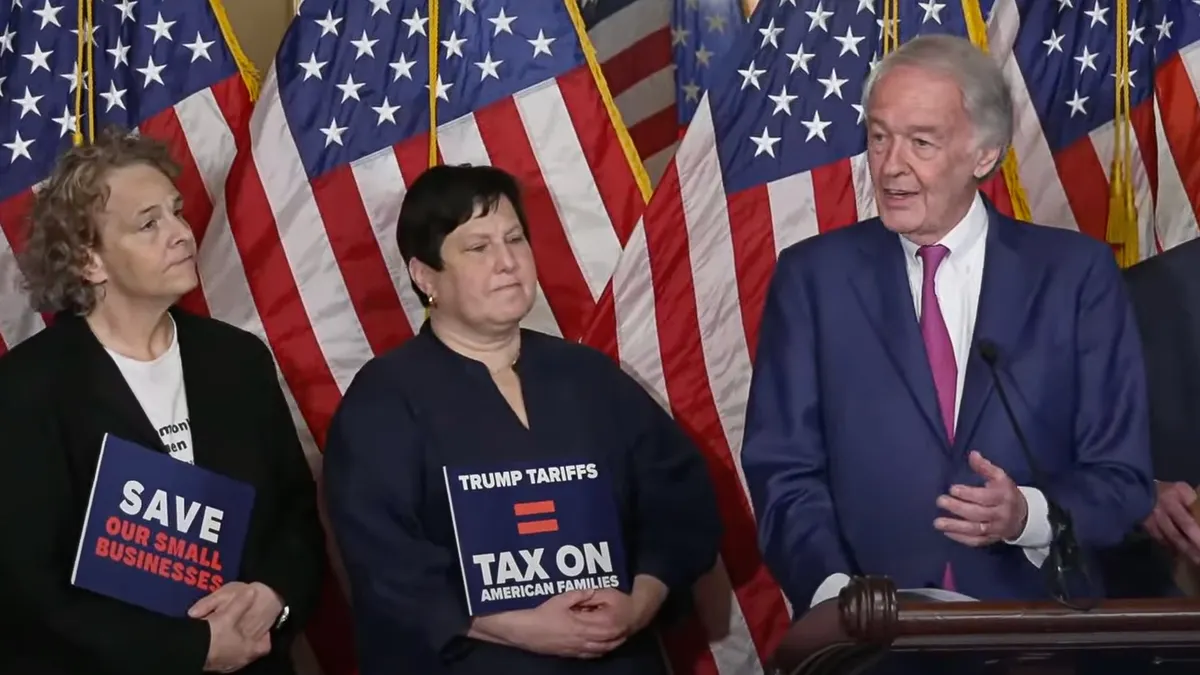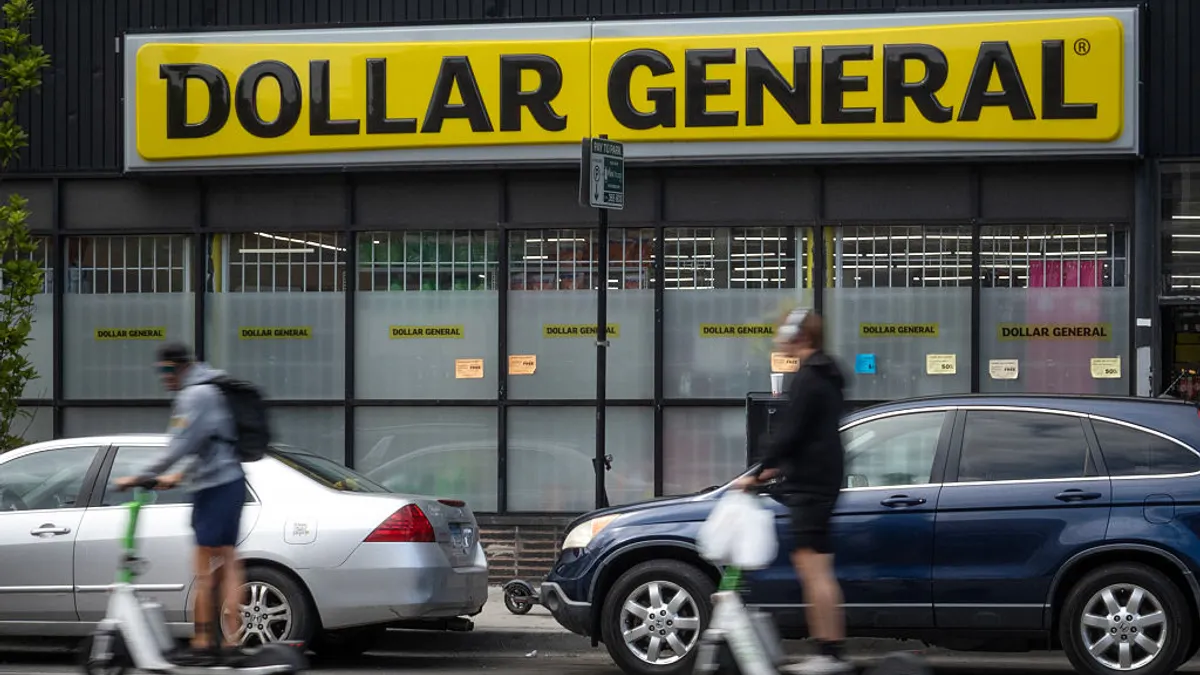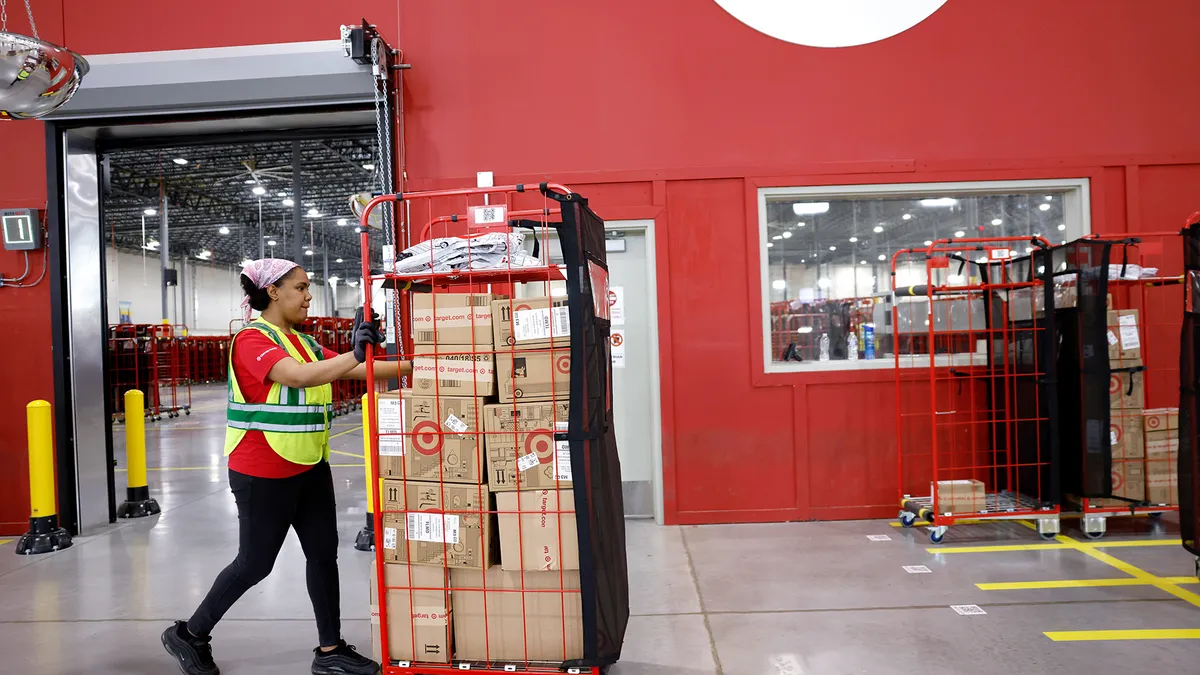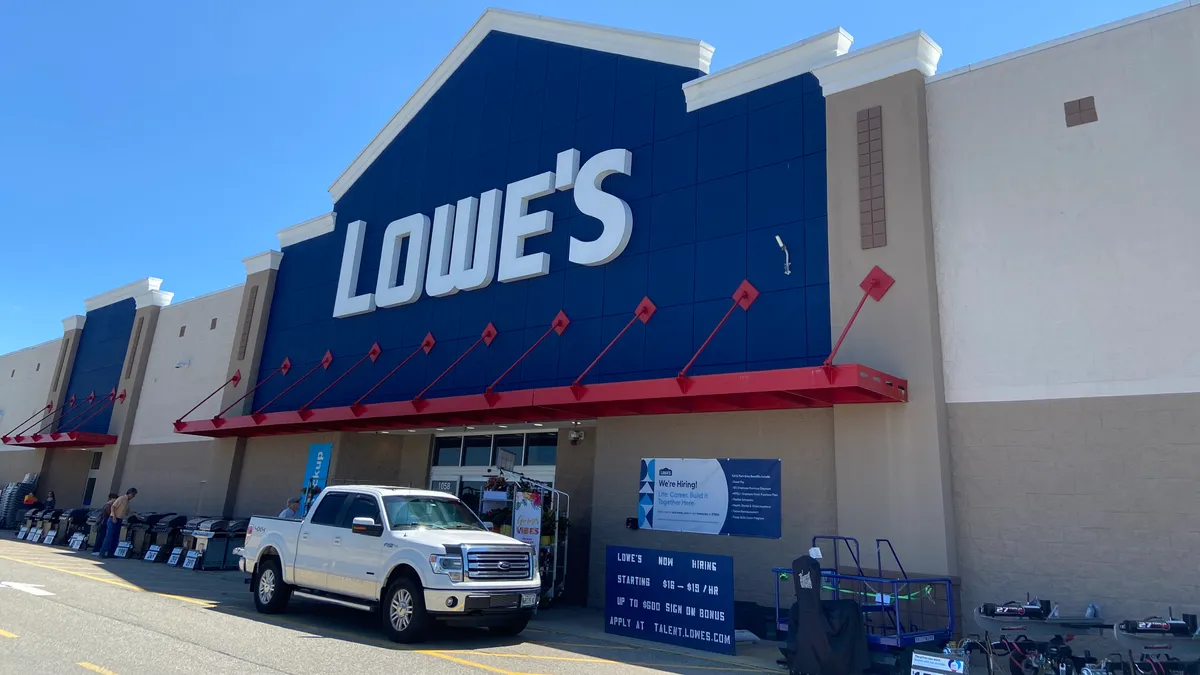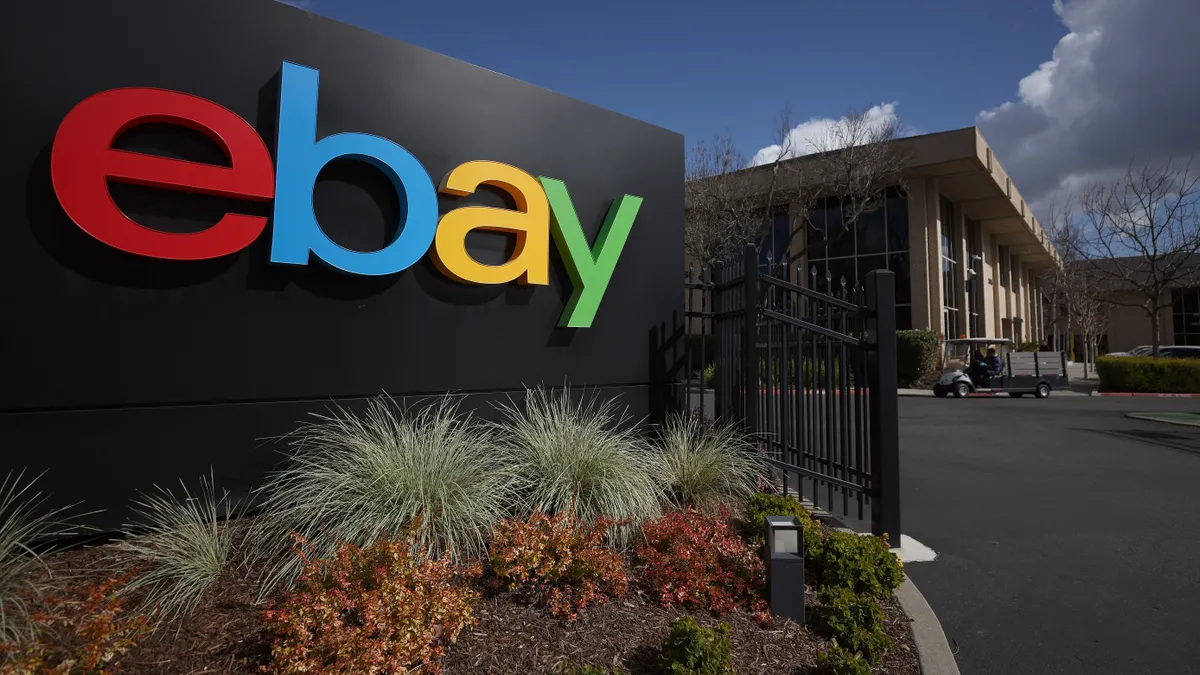Sen. Edward Markey, a Democrat from Massachusetts who is the ranking member of the Senate Small Business and Entrepreneurship Committee, on Monday introduced a bill to exempt small businesses from the Trump administration’s tariffs. Senate Democratic Leader Chuck Schumer of New York and Sen. Mazie Hirono of Hawaii are co-sponsors.
The bill runs just two pages long and its purpose is “To exempt small business concerns from duties imposed pursuant to the national emergency declared on April 2, 2025, by the President.”
“We have 7 million people in Massachusetts and we have 734,000 small businesses, and the same percentage exists for every single state in our country,” Markey said at a press conference at the Capitol Monday. “They are Main Street. These aren’t the firms listed on the Nasdaq or the S&P 500, but they are the lifeblood of our economy.”
A survey of 4,000 small- to medium-sized business in the U.S., conducted in March, found that 55% import foreign goods directly or indirectly and 14% sell goods to foreign buyers, according to a preliminary report from Harvard Business School and small business platform Alignable. In other research, Alignable found that 44% of these companies say they expect reduced sales due to tariffs — up 3 percentage points from March and 14 points from February — and more than 25% say they’ve already experienced such declines.
The proposed Senate legislation uses the definition under the Small Business Act: a company that is “independently owned and operated and which is not dominant in its field of operation.” The bill “may be cited as the ‘Small Business Liberation Act,’” according to the text, a nod to Trump’s characterization of his April 2 tariff announcement as “Liberation Day.”
Markey, Schumer and other Democratic Senators gathered at the Capitol with several small businesses that have been stymied by the tariffs, including a maker of baby supplies whose goods are found at Target and Walmart. Beth Benike, founder and CEO of Busy Baby in Minnesota and an Army veteran, said that earlier in the day she received the award for Small Business Person of the Year for her state from the U.S. Small Business Administration.
Neither the White House nor SBA immediately returned Retail Dive’s requests for comment. In addition, the office of Senator Joni Ernst, who chairs the Small Business and Entrepreneurship Committee, didn’t immediately return requests for comment on the bill or whether the committee would hold hearings on it. Senate Majority Leader John Thune’s office didn’t immediately return a request for comment on whether the bill would have a chance for a vote.
The idea isn’t necessarily partisan: The U.S. Chamber of Commerce earlier this month also called for relief from tariffs for smaller companies.
Eight years ago, no U.S. manufacturer would take a chance on Benike’s idea for a placemat with bungee cords that keep baby toys from dropping to the floor, but factories in China were willing to work with her. At first she needed small batches, and later quick turnarounds on larger orders, as when Walmart wanted to sell her goods.
Busy Baby merchandise is now stranded in China, with “maybe two months’ worth left in my warehouse in Minnesota,” she said. “When that’s gone, I have no more revenue. I cannot pay my employees. I cannot pay my bills.” She has established a GoFundMe campaign in order to afford the added import duties.
U.S.-made brands are also getting hit by the tariffs on materials, like the Chinese woven silk jacquard used by Beau Ties of Vermont, and mom-and-pop shops and boutiques are facing not only potential price hikes and uncertainty but also slowing customer traffic.
Markey has been pushing for a small-business exemption for weeks. He released a report detailing how the new levies constitute “a small business crisis.” He also sent a letter to Small Business Administration chief Kelly Loeffler, Commerce Secretary Howard Lutnick and U.S. Trade Representative Jamieson Greer noting that smaller businesses and their owners don’t have the ability to call on President Trump personally as do the CEOs of major companies.
The chief executives of Walmart, Target and Home Depot last month said they had a productive meeting with the president regarding the impact of tariffs. In addition to their access to the president, those retailers are better positioned financially and operationally to withstand the impact of tariffs, according to Greg Stoller, master lecturer at the Boston University Questrom School of Business.
Last month, a group of small businesses pooled their resources and challenged the tariffs in the U.S. Court of International Trade, arguing that global levies require congressional approval.



